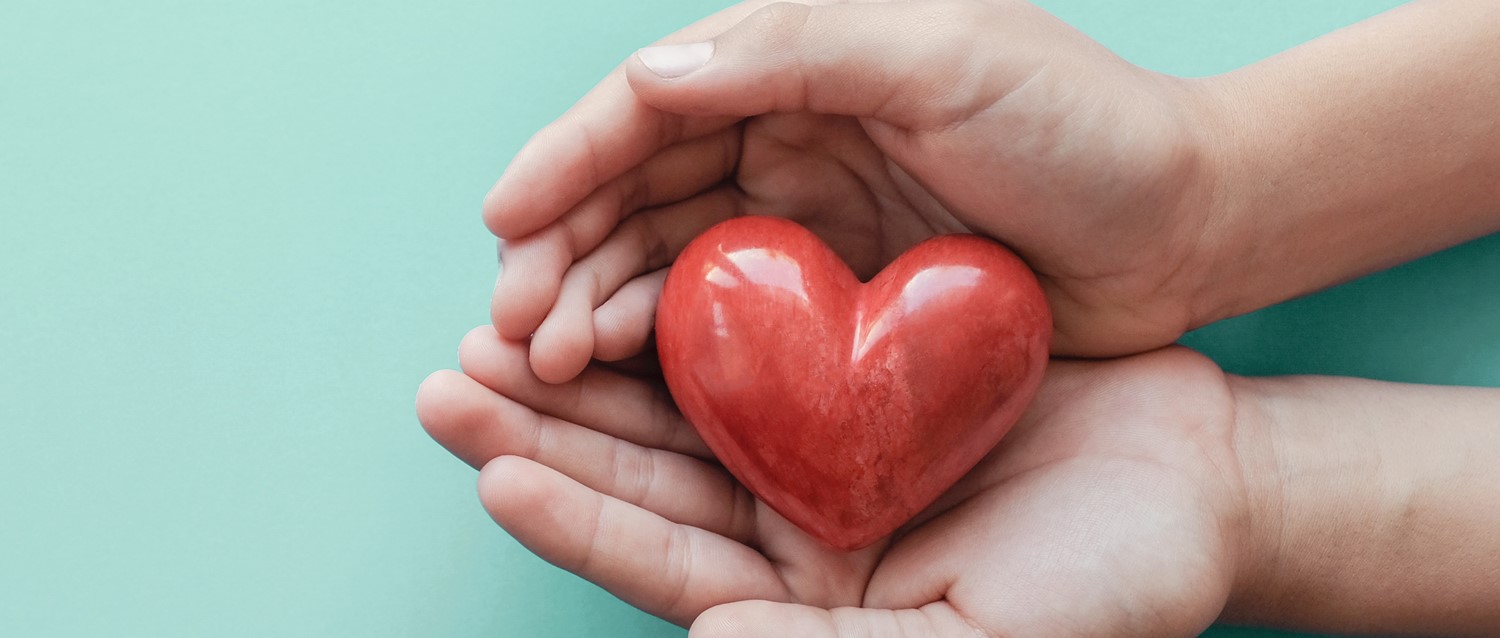
Can you die from a broken heart?
Peer reviewed by Dr Krishna Vakharia, MRCGPLast updated by Dr Sarah Jarvis MBE, FRCGPLast updated 7 Feb 2024
Meets Patient’s editorial guidelines
- DownloadDownload
- Share
- Language
- Discussion
- Audio Version
People the world over talk about dying of a broken heart. There is actually a condition called broken heart syndrome. Its official title is 'takotsubo cardiomyopathy' and it was first described in Japan in 1990.
In this article:
Video picks for Heart disease
Continue reading below
What is broken heart syndrome?
Broken heart syndrome has a medical name, and that's takotsubo cardiomyopathy. Here's what this means:
What does cardiomyopathy mean?
Cardiomyopathy is a medical problem relating to the heart muscle:
The 'patho' is taken from pathology.
The 'myo' refers to muscle.
The 'cardio' refers to the heart.
What does Takotsubo mean?
Takotsubo means 'octopus pot' in Japanese. The traditional octopus trap in Japan has a characteristic shape. In broken heart syndrome, the muscle in the wall of the heart becomes weakened. The left ventricle - the biggest of the four chambers of the heart, which makes up the tip of the heart - balloons out, taking on the appearance of a takotsubo.
Why does it happen?
As with so much in medicine, there are probably multiple reasons, and nobody is absolutely certain what's going on. It may be related to the position of the coronary arteries, which supply the heart with blood. We do know that in around three quarters of cases, broken heart syndrome comes on after major stress, such as bereavement.
We also know that stress floods your body with adrenaline, the fight-or-flight hormone. Thousands of years ago, adrenaline gave humans the edge, putting the body on high alert and making you better able to run away fast if you met a sabre-toothed tiger. But it comes at a cost. Conditions like anxiety disorders and panic attacks are closely linked to excess adrenaline. It's thought adrenaline overdrive may be at least partly responsible for takotsubo too.
But in my experience there's a far less exotic answer to why so many husbands and wives and long term partners die close together. After a lifetime of having someone to keep an eye on you - and your health - you're suddenly left alone. Maybe your loved one reminded you to take your tablets or eat healthily - maybe they did some of the tasks you find most stressful. They probably gave you someone to share your worries with - and as they say, a problem shared really can be a problem halved. That's why family and friends can play such a vital role in helping the bereaved through such a difficult time.
What are the symptoms of broken heart syndrome?
Back to contentsThe symptoms of broken heart syndrome are often mistaken for a heart attack. Your heart can't keep pace with the demands of your body, and the result can be:
Severe chest pain, often mistaken for a heart attack.
Shortness of breath due to fluid build-up in the lungs.
Abnormal heart rhythms (fast, slow or irregular heartbeats).
Dizziness or collapse due to low blood pressure.
Occasionally, a stroke or cardiac arrest.
Continue reading below
How is it diagnosed?
Back to contentsBecause people with broken heart syndrome often have severe chest pain, they'll usually be rushed to hospital and have blood tests and heart tests like ECG, echocardiogram and coronary angiography.
A diagnosis of takotsubo is made when heart attack has been ruled out and the typical 'octopus trap' appearance of the heart shows up.
Treatment for broken heart syndrome
Back to contentsTreatment for takotsubo depends on the symptoms it's causing. For instance:
If you have fluid on the lungs, you'll get water tablets to help drain it.
If your heart is struggling, beta-blocker and ACE inhibitor tablets can reduce the strain it's put under.
If your blood pressure is low, you'll get tablets to stabilise it.
If you have a cardiac arrest, it'll be red alert to get your heart going. After this, you may be considered for a device called an implantable cardioversion defibrillator (ICD). This is a tiny device placed under the skin of your chest. It tracks your heart rhythm and gives your heart an electric shock if you have another cardiac arrest.
Continue reading below
What's the survival rate?
Back to contentsOn the whole, the outlook for takotsubo cardiomyopathy is good - at least from a physical point of view. Around 95% of people make a full recovery within weeks with the right treatment.
But all too often, the original trauma that caused your heart to weaken can get forgotten in the drama of hospital admission. It's hugely important to get the right support to help you get over a major life event like bereavement.
The CRUSE helpline is run by trained volunteers who have all dealt with bereavement themselves. They can offer invaluable counselling and support. Your GP can also provide help, including referring you for counselling. Don't hesitate - a healthy mind is every bit as important as a healthy body.
Patient picks for Heart disease

Heart health and blood vessels
What is the most common cause of sudden cardiac death?
Every year in the UK, 100,000 people die of a sudden cardiac arrest, making it the nation's biggest killer. Sudden cardiac death kills more people than lung cancer, breast cancer and AIDS combined. It's important to know the warning signs of a heart condition so it can be treated as early as possible, and what might put you at risk.
by Emily Jane Bashforth

Heart health and blood vessels
How to manage stress when living with cardiomyopathy
Living with a long-term condition such as cardiomyopathy can be challenging and easily lead to stress, whether it is about ongoing health problems or treatments, lifestyle changes or the future. Left unchecked, however, stress can exacerbate many health problems.
by Lydia Smith
Continue reading below
Article history
The information on this page is peer reviewed by qualified clinicians.
Next review due: 7 Feb 2027
7 Feb 2024 | Latest version
13 Apr 2018 | Originally published
Authored by:
Dr Sarah Jarvis MBE, FRCGP

Ask, share, connect.
Browse discussions, ask questions, and share experiences across hundreds of health topics.

Feeling unwell?
Assess your symptoms online for free
Sign up to the Patient newsletter
Your weekly dose of clear, trustworthy health advice - written to help you feel informed, confident and in control.
By subscribing you accept our Privacy Policy. You can unsubscribe at any time. We never sell your data.